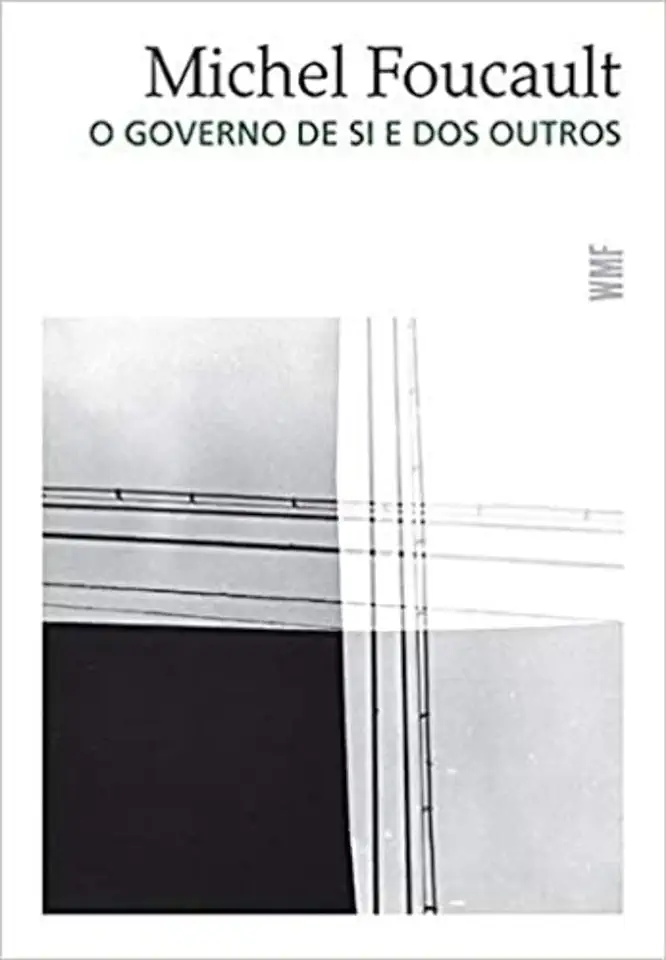
The Government of Self and Others - Michel Foucault
The Government of Self and Others: Michel Foucault's Exploration of Power and Subjectivity
A Profound Examination of Power Dynamics
In his seminal work, "The Government of Self and Others," Michel Foucault delves into the intricate relationship between power, knowledge, and subjectivity. Through a comprehensive analysis of historical and contemporary contexts, Foucault challenges conventional notions of power and offers a groundbreaking perspective on how individuals and societies are governed.
Unveiling the Mechanisms of Power
Foucault argues that power is not a static entity possessed by a select few, but rather a dynamic force that permeates every aspect of society. He introduces the concept of "governmentality," which refers to the various techniques and strategies employed by institutions and individuals to exercise power over others. These techniques range from overt forms of coercion to subtle mechanisms of control that shape our thoughts, desires, and behaviors.
The Interplay of Knowledge and Power
Foucault emphasizes the close relationship between knowledge and power. He contends that knowledge is not neutral, but rather a product of power relations. Those who hold power have the ability to define what is considered true and legitimate, thereby shaping the way individuals perceive and understand the world. This interplay of knowledge and power reinforces and perpetuates existing power structures.
The Construction of Subjectivity
One of the central themes in "The Government of Self and Others" is the concept of subjectivity. Foucault argues that subjectivity is not a fixed essence, but rather a product of the power relations that shape our lives. Through various mechanisms of discipline and normalization, individuals are molded into subjects who conform to societal norms and expectations. This process of subjectification reinforces the existing power structures and perpetuates the cycle of power and control.
The Path to Resistance and Liberation
Despite the pervasive nature of power, Foucault also offers hope for resistance and liberation. He argues that by understanding the mechanisms of power and the ways in which they shape our subjectivity, individuals can gain agency and challenge the existing order. Through critical reflection and collective action, individuals can subvert power structures and create more just and equitable societies.
A Must-Read for Understanding Power and Subjectivity
"The Government of Self and Others" is a seminal work that has profoundly influenced our understanding of power, knowledge, and subjectivity. Foucault's groundbreaking analysis provides a framework for critically examining the ways in which power operates in society and offers insights into the potential for resistance and liberation. This book is essential reading for anyone seeking a deeper understanding of the complex dynamics of power and its impact on our lives.
Key Concepts and Themes:
- Governmentality: The various techniques and strategies employed by institutions and individuals to exercise power over others.
- Knowledge and Power: The close relationship between knowledge and power, and how those who hold power shape what is considered true and legitimate.
- Subjectivity: The concept that subjectivity is not a fixed essence, but rather a product of the power relations that shape our lives.
- Resistance and Liberation: The potential for individuals to gain agency and challenge existing power structures through critical reflection and collective action.
Why You Should Read This Book:
- Gain a deeper understanding of the complex dynamics of power and its impact on our lives.
- Challenge conventional notions of power and explore the various mechanisms of control that shape our thoughts, desires, and behaviors.
- Discover the interplay between knowledge and power, and how those who hold power define what is considered true and legitimate.
- Explore the concept of subjectivity and how it is constructed through power relations.
- Find hope for resistance and liberation, and learn how individuals can challenge existing power structures and create more just and equitable societies.